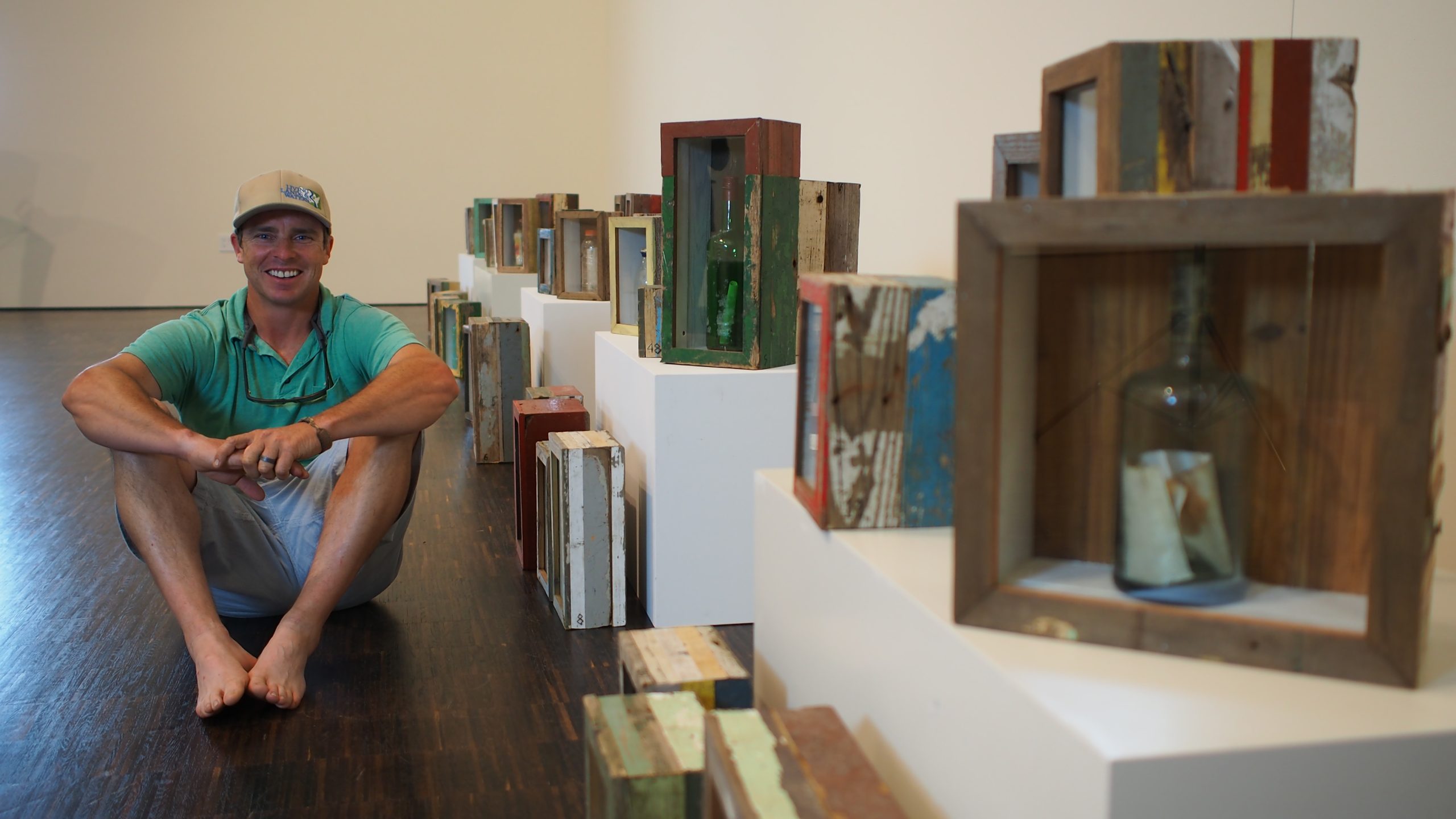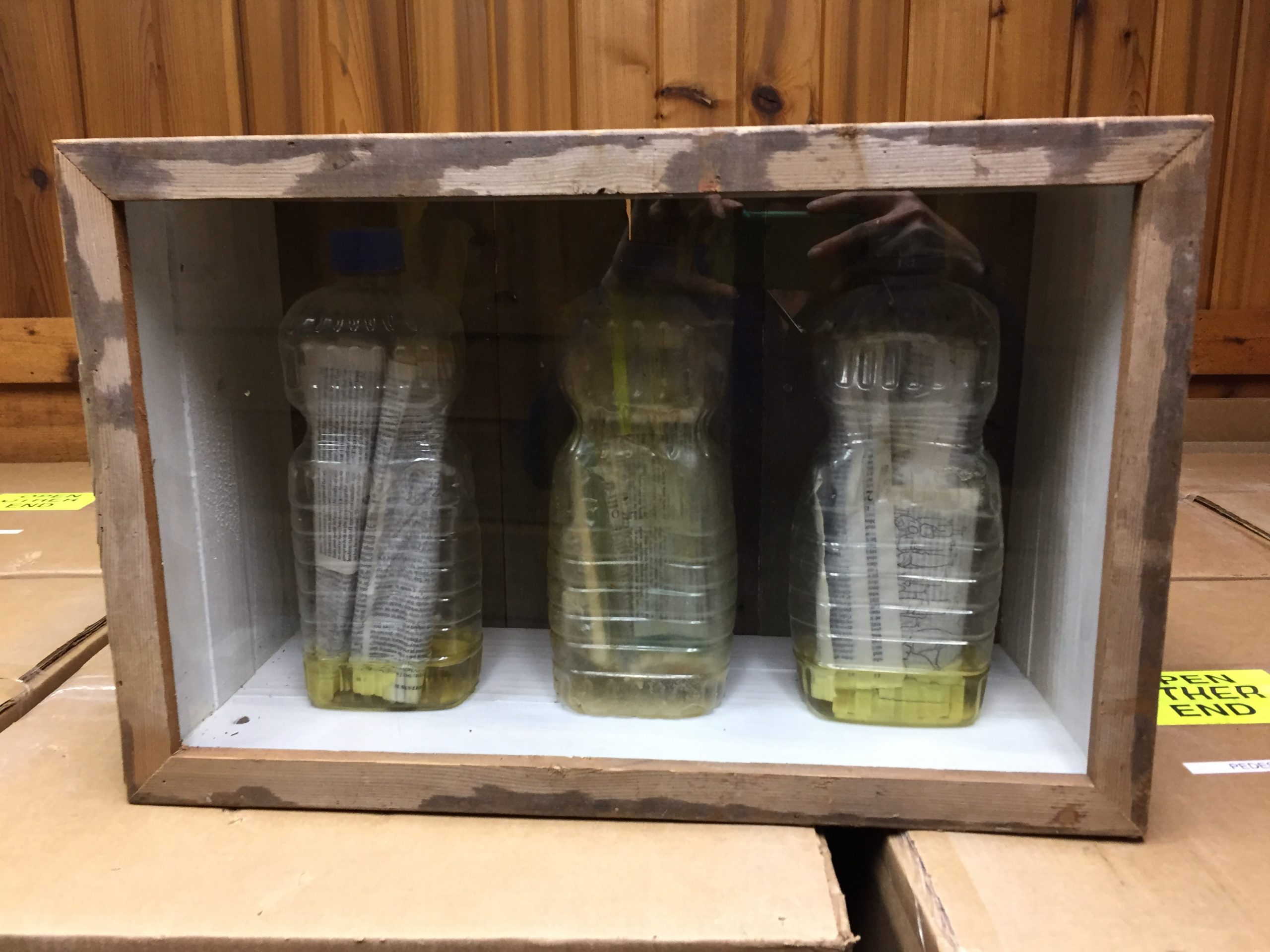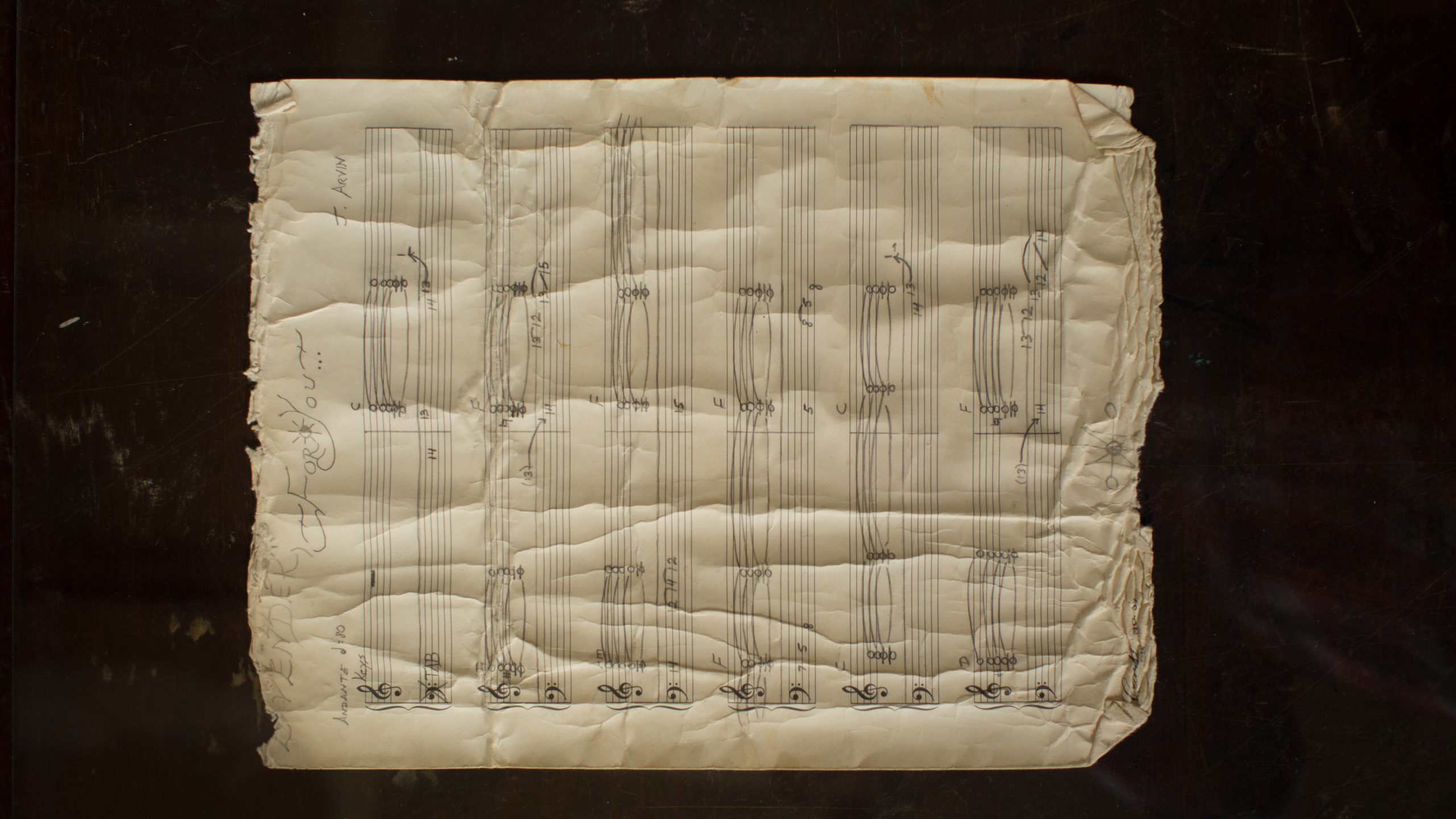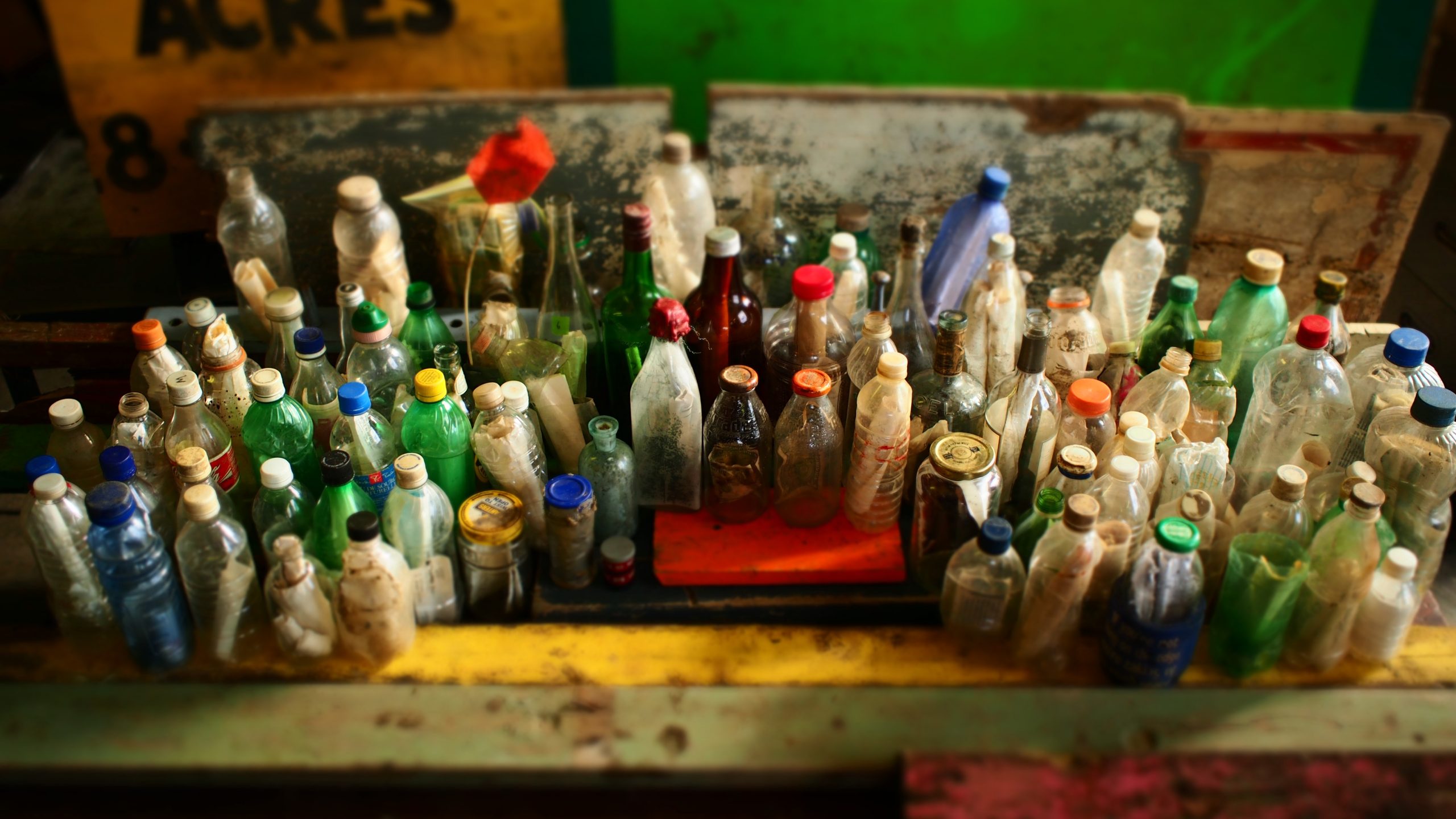Chad Pregracke has encountered a lot of garbage in his time. The founder of Living Lands and Waters (LL&W) and his team have worked tirelessly to rid the Mississippi and other rivers of litter for more than 25 years. Over 13.5 million pounds of trash have been removed by Pregracke’s crew and thousands of volunteers. Of all that garbage, bottles constitute most of what is retrieved. Tens of thousands of plastic bottles are picked up during LL&W cleanups each year, but sometimes there is treasure in the trash. Since beginning his cleanups, Pregracke and his team have discovered dozens of bottled messages.
“By far, the most common item we pick up is the plastic bottle,” Pregracke said. “We find millions of bottles, so it’s exciting when we find a message in a bottle. It’s like the top prize. People don’t realize that people still do it.”
While throwing any kind of trash into the river is considered littering, Pregracke and his crew also appreciate the intention behind this phenomenon.
“The people who throw messages in bottles don’t intend to litter. They do it to do it,” Pregracke said. “I’m just fascinated with it. A lot of people still do them. It’s an age-old thing.”

Some messages aren’t meant to be opened. Messages sent that are private are replaced in the bottles and thrown back into the river.
“Some aren’t meant to be found,” Pregracke said. “They’re written to a higher power or the universe. They’re written during hard times. They just aren’t meant for other people to see.”
Others, though, are meant to be found. Some messages have been found with rocks inside, so they travel with the current and aren’t blown to shore. Others have been found with money and stamps inside so whoever discovers the message can send a letter to its owner.
“We call them when we can,” Pregracke said. “Half of them don’t remember even throwing a bottle. One of them even came to my wedding. There was this one guy, a truck driver who was driving when we called and pulled over because he was just so excited.”
Pregracke recalled one bottled message found in the Ohio River. A young woman wrote a letter on one side of a brown bag, saying, “I’m 17 years old, on vacation, an aspiring artist, and I’m gonna make it in LA when I am 18.” She had also drawn a picture on the back. Unfortunately, her message was lost when the LL&W boat it was kept in sank.
The romantic image of a note bound with string inside a glass bottle is often far from the reality of what Pregracke and his crew find. All manners of bottles have been found, from glass to plastic, from beer bottles to peanut butter jars. Pregracke described finding three vegetable oil bottles in Memphis, still containing oil to protect Bible pages that had been placed inside. Crew members also found what they surmised to be a voodoo spell near Louisiana: a brown paper bag with the writing “You are bound now” written three times and strung closed with human hair inside a glass bottle.
“A new crew member found one once,” Pregracke said. “He waited to open it, and when he did, someone’s ashes blew all over him. It was like a scene out of a movie. It also had a note about the person who had died, which was super cool.”
Out of all the messages Pregracke’s team has found, one has managed to be his favorite over the years: a Budweiser 40-ounce beer bottle containing guitar sheet music titled “Lavender for You.” Years after it was found, LL&W received a call from a man who’d read about Pregracke’s collection in a news story. The man said the song was his, and that it had been written out of heartbreak when he and his girlfriend had broken up. The song was later used as background music for one of LL&W’s cleanup videos.

It’s uncertain how many bottled messages Pregracke and his crew have recovered, as not all of them are kept together. Volunteers who find one get the privilege of keeping it or deciding to throw it back. Even so, Pregracke’s collection is a large one, last tallied at more than 100 pieces. His collection has been showcased multiple times, including at the Figge Art Museum in Davenport, Iowa, and again at the Nauticus Museum in Norfolk, Virginia.
Pregracke had been collecting bottles for several years before he decided to put them on display. It was Mike Rowe, the host of Discovery Channel’s “Dirtiest Jobs” and a friend of Pregracke, who convinced him that his collection was worth showing. Since then, more than 50 bottled messages have been exhibited in Virginia, Indiana, Texas and Iowa. The collection is currently being held in storage.
Since its last tour, approximately 100 more bottles have been added to Pregracke’s collection, including more than 50 from ocean water. According to Pregracke, there are more messages out there than we realize, including several he and his team may have missed.
“You have to look in each bottle,” Pregracke said. “I’m sure there are tenfold the amount we’d think.”

Living Lands and Waters completes multiple cleanups a year in which volunteers are essential. Volunteer sign-ups are available on the organization’s website at www.livinglandsandwaters.org. LL&W also has a Great Mississippi River Cleanup program and the Adopt-A-River-Mile program, as well as the Million Trees Project, Alternative Spring Break and Invasive Species Removal.
To contact LL&W for volunteer information, email Andrew Layer at andrew@livinglandsandwaters.org. Inquiries for the displaying Pregracke’s bottled message collection may be sent to Kim Guy at kim@livinglandsandwaters.org.




